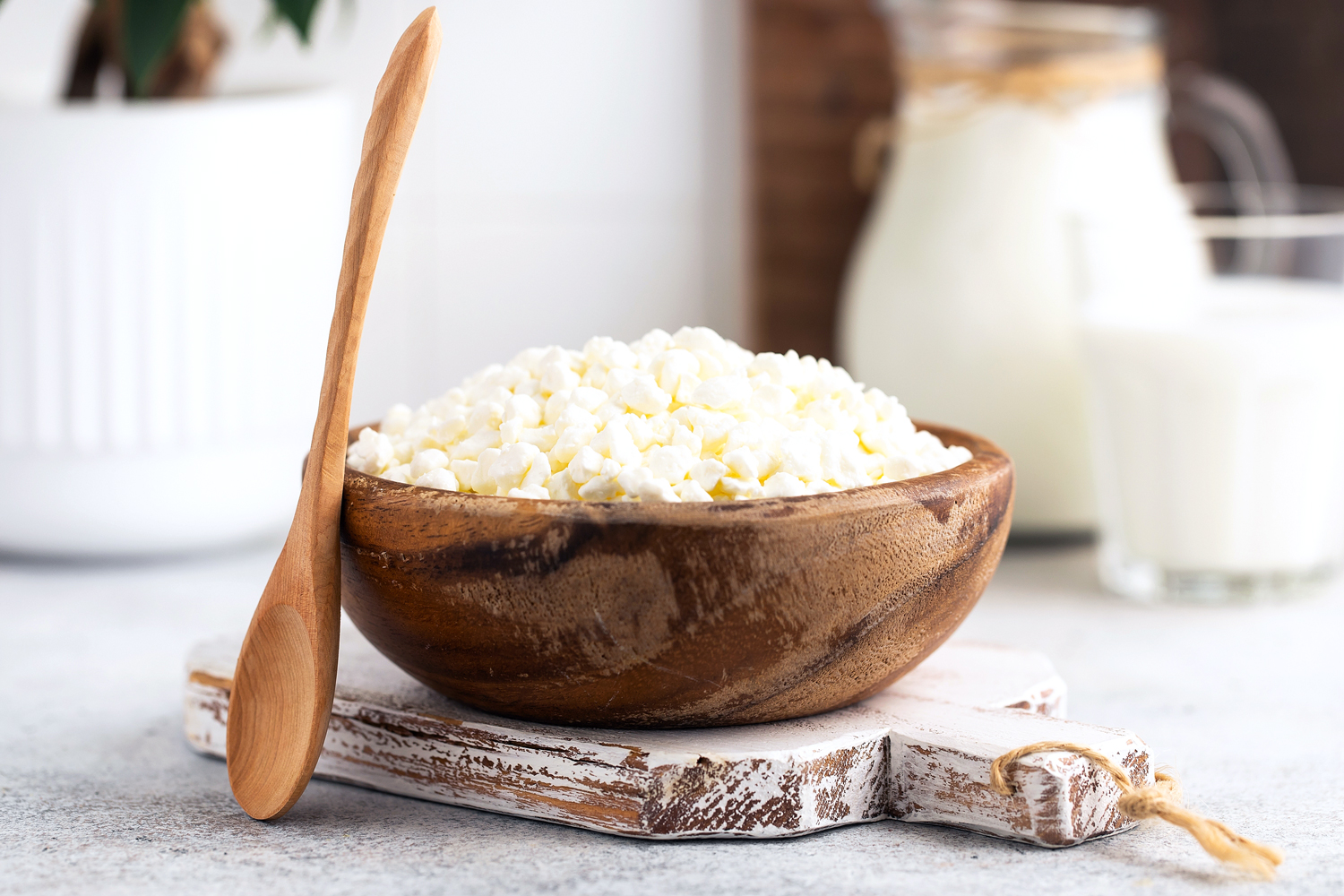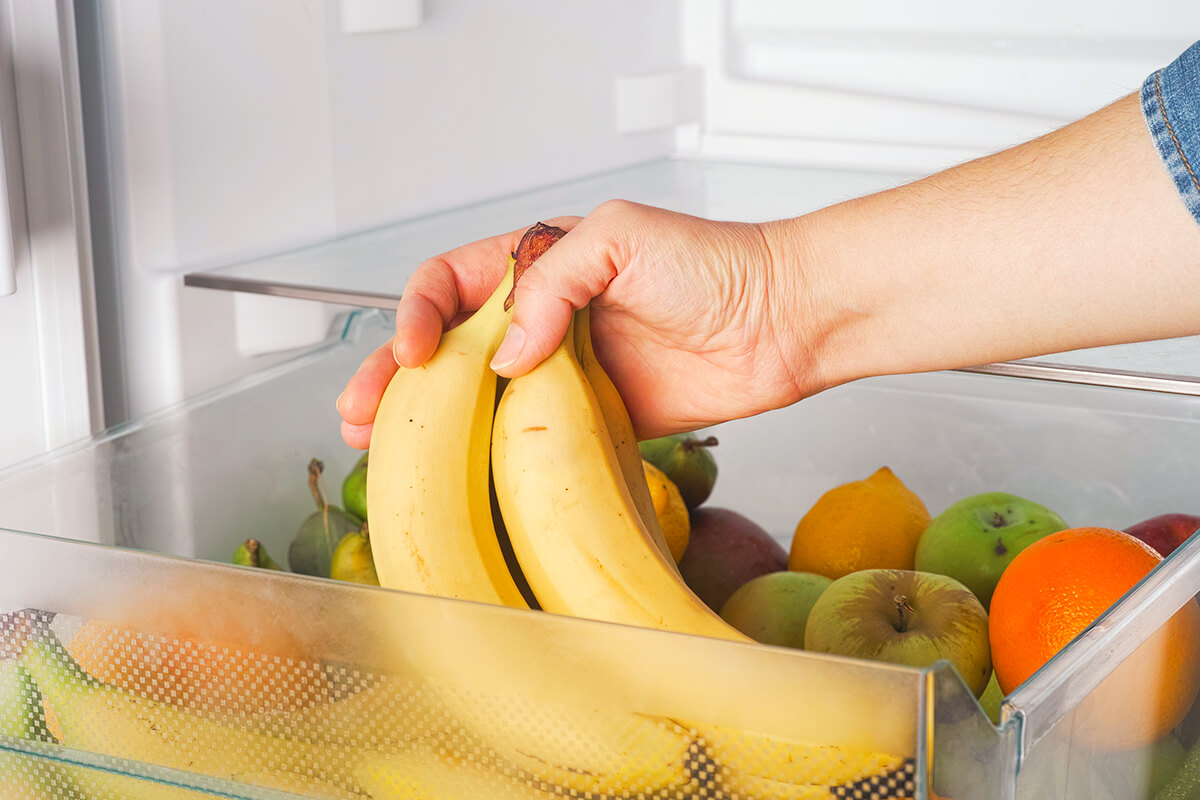If you’re up to date on the latest wellness trends on social media, you may have come across a recent one that seems a bit familiar. Folks are raving about cottage cheese — again. There’s a good reason, though. You might remember cottage cheese as the star of 1990s diet culture. According to functional medicine and nutrition expert Sarah Carolides, this is because it’s very high in protein (between 10 and 15 grams in a half-cup serving), but low in calories. Additionally, it’s high in essential nutrients including calcium, phosphorus, selenium, and probiotics. It may also help regulate blood sugar spikes, blood pressure levels, and thyroid hormone conversion due to the high selenium content.
Now, it’s making a comeback for the same reasons and due to the recent popularity of GLP-1 medications, such as Ozempic, Zepbound, and Mounjaro. “People on GLP-1 medications are recommended to keep their protein intake up to help preserve muscles as you eat less and lose weight,” Carolides explains. “You should aim for at least 1 gram per kilo of body weight per day. This could increase with age, though, as research has shown menopausal women may benefit from increasing their protein intake to between 1 and 1.2 grams per kilo — especially if they are exercising.”
Carolides notes that cottage cheese can help you boost your protein levels, but it shouldn’t be your sole source of it. She also recommends pairing it with fruit or vegetables to boost its nutritional content. When eaten together, this ups your intake of fiber, minerals, and water-soluble vitamins. For example, cottage cheese with avocado or chopped walnuts would increase the omega-3 content of your snack, while making cottage cheese into a dip with cucumber, dill, and radish would provide an antioxidant boost. Adding fermented kimchi or sauerkraut can increase the amount of fiber, promoting better gut health. You can also increase your protein intake even more by pairing it with nuts, seeds, or even seafood (which is also high in protein and low in calories).
Eating cottage cheese has few downsides, as it’s even often tolerated well by those with lactose intolerance (it’s relatively low in lactose). It can be high in sodium, though, so if you have high blood pressure and are watching your sodium intake, you may want to decrease it elsewhere.
This article is for general informational purposes only.
Affiliate Disclaimer Medical Disclaimer
















 Unique Beauty is free for all users.
Unique Beauty is free for all users.